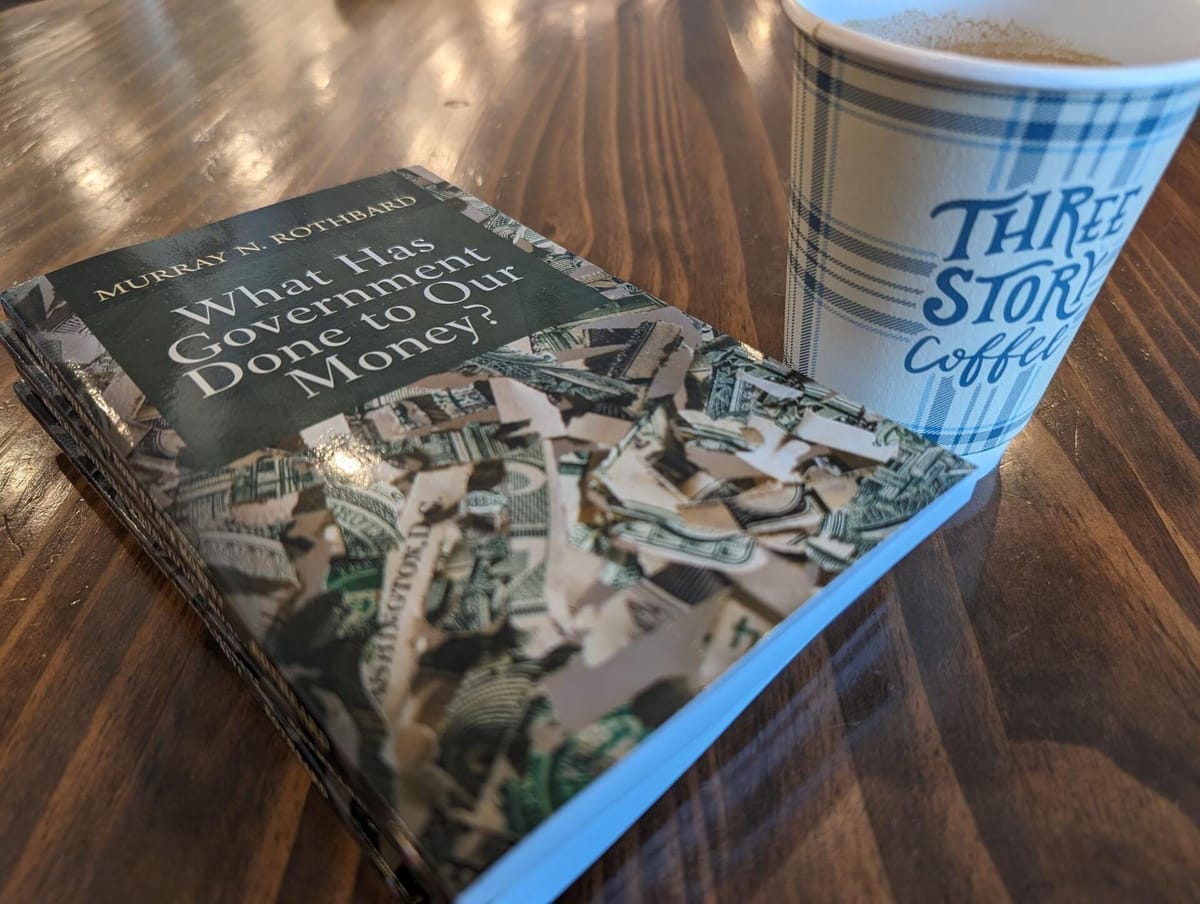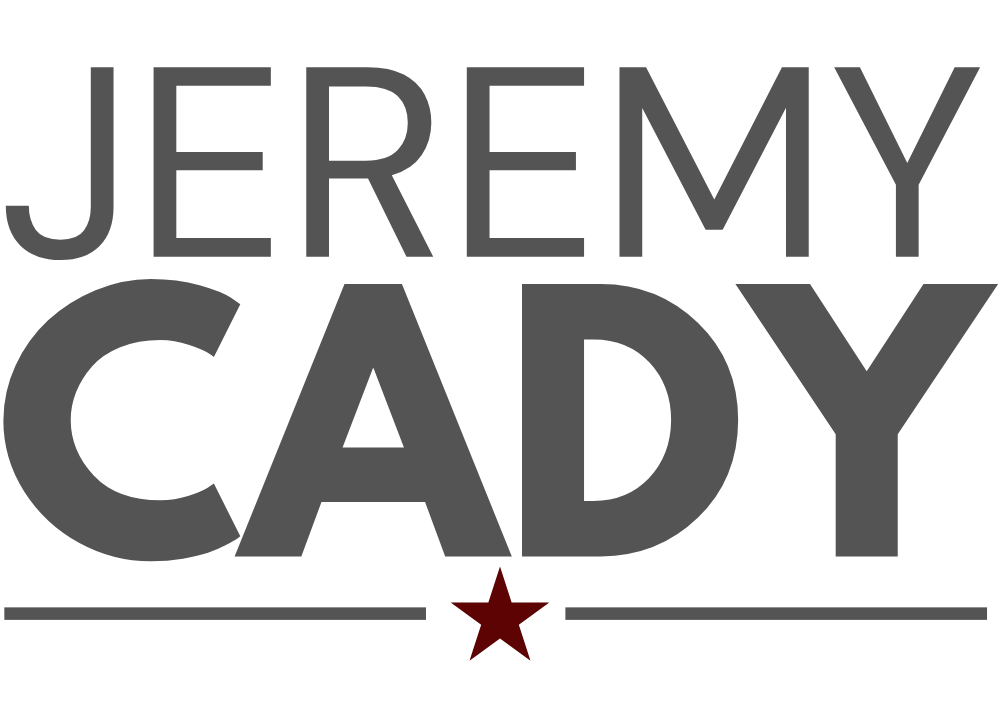Reclaim Financial Freedom: Rothbard’s Vision and the Rise of Bitcoin

Murray Rothbard's "What Has Government Done to Our Money?" is a profound exploration of the intricacies of money and the detrimental effects of government intervention in the monetary system. Rothbard's work eloquently argues for a free market in money, emphasizing the importance of voluntary exchange and the dangers of inflation and state control. As we move towards an era where Bitcoin challenges traditional financial systems, Rothbard's insights offer a compelling rationale for embracing this new form of decentralized money, advocating for a return to economic liberty and sound money principles.
The Fundamentals of Money and Exchange
Murray Rothbard argues that without exchange, there would be no real economy and, practically, no society. He states, "A voluntary exchange occurs because both parties expect to benefit," highlighting the mutual advantage inherent in trade. Specialization, where individuals and regions develop specific skills and resources, is critical. Rothbard notes, "Specialization permits each man to develop his best skill, and allows each region to develop its own particular resources." This division of labor ensures that resources are used most efficiently, fostering innovation and enhancing productivity.
Rothbard's view of money is fundamental to understanding its role in a free market. He asserts that "money is a commodity," serving primarily as a medium of exchange. This perspective diverges from the common misconception of money as merely an abstract unit of account. Rothbard emphasizes that money's value lies in its ability to facilitate trade: "Money cannot be an abstract unit of account or claim, except insofar as it serves as a medium of exchange." As a common denominator, money simplifies transactions, comparing market values across diverse goods and services and supporting a complex and thriving economy.
The Role of Money in a Free Market
Prices are created when money is the common denominator, making it easier for consumers and producers to make informed decisions. This ability to compare prices efficiently enhances market transparency, empowering us with the knowledge to allocate resources more effectively. Rothbard concludes that all other functions of money, such as "being a store of value or a unit of account," are corollaries of its primary role as a medium of exchange.
Critique of Government Intervention in Money
Murray Rothbard offers a sharp critique of government intervention in the monetary system, focusing on the adverse effects of inflation and the hidden costs of government control. Rothbard argues that government control over money leads to inflation, which he calls a hidden tax. He states, "If government can find ways to engage in counterfeiting – the creation of new money out of thin air – it can quickly produce its own money without taking the trouble to sell services or mine gold." This allows the government to claim resources without the overt hostility that taxation provokes. Inflation, therefore, becomes a "painless and all the more dangerous form of taxation."
Rothbard also critiques inflation for its role in wealth redistribution. He explains, "Inflation, then, confers no general social benefit; instead, it redistributes the wealth in favor of the first-comers and at the expense of the laggards in the race." Those who receive the newly created money first benefit at the expense of those who receive it later, as prices rise before wages and other incomes can adjust.
Rothbard likens government-induced inflation to counterfeiting, emphasizing its destructive economic effects. He notes that government-created money dilutes the value of existing money, leading to price increases and reducing the purchasing power of savings. By inflating the currency, the government undermines the economy's stability, perverts the market and prices, and erodes trust in the monetary system, ultimately harming societal welfare. This stark reality should motivate us to advocate for a free market approach to money.
Private Coinage and the Proper Supply of Money
Murray Rothbard defends the concept of private coinage, arguing against the prevailing notion that government control is essential to prevent fraud. He contends that entrusting the government with the sole authority over money is flawed, leading to more abuse and corruption. Rothbard states, "If government cannot be trusted to ferret out the occasional villain in the free market in coin, why can government be trusted when it finds itself in a position of total control over money?" He highlights the hypocrisy in believing that only government control can ensure honesty when, in fact, government monopoly often results in the most egregious forms of fraud, such as counterfeiting and debasement of currency.
Rothbard advocates that market forces rather than government intervention determine the money supply. He argues that increasing the money supply does not create real economic benefits, unlike producing other goods and services. He explains, "What makes us rich is an abundance of goods, and what limits that abundance is a scarcity of resources. Multiplying coin will not whisk these resources into being." According to Rothbard, the market can regulate money supply through natural mechanisms of demand and supply. When money is left to market forces, it can more accurately reflect the economy's needs without the distortions introduced by government intervention. This approach ensures a more stable and efficient monetary system.
The Relationship Between Money and Liberty
Murray Rothbard's concluding thoughts highlight the intrinsic connection between money and liberty. Rothbard asserts, "Liberty is the mother, not the daughter of order," emphasizing that economic order arises from the freedom of individuals to participate in voluntary exchanges without government interference. A free market in money is essential for maintaining personal and economic liberty, as it prevents the state from exploiting its control over the monetary system to redistribute wealth and exert undue influence over citizens' lives.
Rothbard's advocacy for a free market in money aligns seamlessly with the principles underlying Bitcoin. As a decentralized and government-independent form of money, Bitcoin embodies the ideals of economic liberty that Rothbard championed. By removing the need for a central authority to control the supply and value of money, Bitcoin ensures that individuals retain control over their wealth and transactions. This decentralization prevents the inflation and hidden taxation Rothbard critiqued, as Bitcoin's supply is limited and transparent, governed by a fixed protocol rather than arbitrary government decisions.
Bitcoin can restore economic freedom and stability by eliminating the state's monopolistic control over the currency. In this way, Bitcoin represents the practical realization of Rothbard's theories.
"What Has Government Done to Our Money?" provides a compelling critique of government interference in monetary affairs, advocating for a return to a free market system where money functions as an actual medium of exchange. His arguments resonate strongly in today's context, where Bitcoin emerges as a potential solution to the pitfalls of state-controlled currencies. By embracing the principles of sound money and economic liberty, we can foster a more stable and prosperous financial future.

